Cook County commissioners urge passage of Residential Tenant Landlord law
Cook County commissioners, housing advocates urge county board to pass Residential Tenant Landlord Ordinance in press conference
Cook County commissioners, housing advocates, and tenants held a virtual press conference Dec. 8, 2020 urging the Cook County Board to pass the proposed Residential Tenant Landlord Ordinance (RTLO), which would safeguard 245,000 suburban county renter households from landlord retaliation, illegal lockouts, and unreasonable fees. Cook County commissioners Scott Britton (14th District) and Kevin Morrison (15th District) are chief sponsors of the ordinance.
“Let me be clear: No renter in Cook County should face housing insecurity, arbitrary costs, or undue fear because they lack fair protections,” Commissioner Kevin Morrison said. “For decades, Chicago, Evanston, and Mount Prospect have barred landlord retaliation and illegal lock outs with common sense landlord-tenant laws. Now more than ever, we must ensure Cook County renters have the same rights.”
“This much-needed legislation lays out common-sense rules of engagement and creates a fair and level playing field for landlords and their tenants in suburban Cook County,” Commissioner Scott Britton said.
“In the absence of this Ordinance, renters are left with no recourse when moving is not financially feasible, and landlords don’t have options when maleficence occurs. It is egregious that rights, responsibilities, and remedies for landlords and renters do not exist throughout Cook County. We can, and should, do better for the residents of Cook County.”
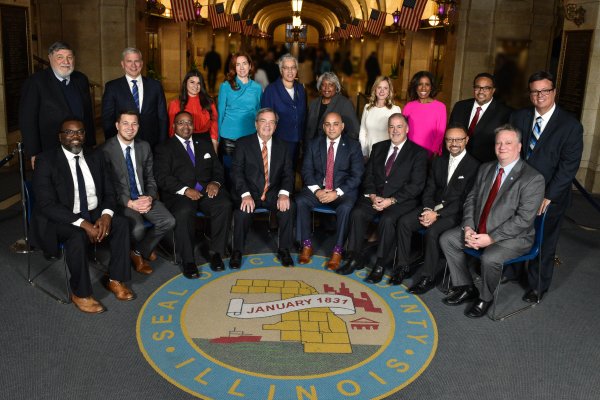
“Structural racism is embedded in every institution of society, including housing,” Commissioner Brandon Johnson (1st District) said. “With Black residents facing eviction at a much higher rate than their white counterparts, protecting tenants is a civil rights imperative.”
“Equity is one of Cook County’s core values, and a strong RTLO is what equity looks like,” Michael Rabbitt with Neighbors for Affordable Housing said. “It’s what housing justice looks like. We make those words real when we pass ordinances like this.”
“This proposed measure would increase stability for both renters and landlords by clarifying their roles and responsibilities, making the rental process easier and fairer to navigate,” Sheila Sutton with Housing Action Illinois said. “When everyone understands the rules, it’s easier to play by them.”
Specifically, the proposed RTLO would:
Restrict retaliatory conduct and undisclosed landlord entry
Protect owners against property destruction and abandonment
Ban unlawful lockouts
Provide consistency on how and when landlords can safely evict renters
Prohibit lease terms that waive written notices and disclosures
Block landlords from charging exorbitant late rent fees
Improve procedures for completing minor repairs in a timely manner
Guarantee fair security deposit returns
Prevent nontransparent move-in charges and limit fees in excess of reasonable expense
Press conference participants included Commissioner Scott Britton; Commissioner Kevin Morrison; Commissioner Brandon Johnson; Sally Robinson, Lawyers Committee for Better Housing; Tim Hufman, former legal aid attorney; Nareen Kim, North Suburban Legal Aid Clinic; Michael Rabbitt, Neighbors for Affordable Housing; Sheila Sutton, Housing Action Illinois; and Cook County tenants.
The county Zoning and Building Committee will vote on the ordinance during the December board cycle. For the full proposed RTLO, visit: https://www.commissionerscottbritton.com/rtlo
View the full press conference here: https://fb.watch/2fvEHYkeW8/
Organizations that have endorsed RTLO:
A Safe Haven Foundation
Access Living of Metropolitan Chicago
Alliance to End Homelessness in Suburban Cook County
Arise Chicago
BEDS Plus Care Inc.
Beyond Legal Aid
Center for Changing Lives
Center for Disability & Elder Law
Centro de Trabajadores Unidos
Chicago Area Fair Housing Alliance (CAFHA)
Chicago Lawyers’ Committee for Civil Rights
Chicago Volunteer Legal Services
Christian Community Health Center
Citizens in Action Serving All (CASA) Blue Island
Connections for the Homeless
Connections of Illinois, Inc
Dina and Eli Field Ezra Multi-Service Center
Enterprise Community Partners
Greater Chicago Legal Clinic
Habitat for Humanity Chicago
Housing Action Illinois
Housing Choice Partners
Housing Forward
Illinois Legal Aid Online
Impact Behavioral Health Partners
Jane Addams Senior Caucus
Jewish Council on Urban Affairs
Joining Forces for Affordable Housing, Connections for the Homeless
La Casa Norte
Latino Policy Forum
Lawyers’ Committee for Better Housing
Legal Aid Society of Metropolitan Family Services
Legal Council for Health Justice
Manufactured Home Owners Association of Illinois
Metropolitan Planning Council
Metropolitan Tenants Organization
Moran Center for Youth Advocacy
Neighbors for Affordable Housing
North Suburban Legal Aid Clinic
Northside Action for Justice
Northwest Side CDC
Northwest Side Housing Center
Open Communities
Palos/Orland Progressives
PASO – West Suburban Action Project (Proyecto de Acción de los Suburbios del Oeste)
Progress Center for Independent Living
Shriver Center on Poverty Law
South Siders for Peace
South Suburban Housing Center
South Suburban PADS
Supportive Housing Providers Association
The ARK
UNETE La Villita
Uptown People’s Law Center
Woodstock Institute
Working Family Solidarity

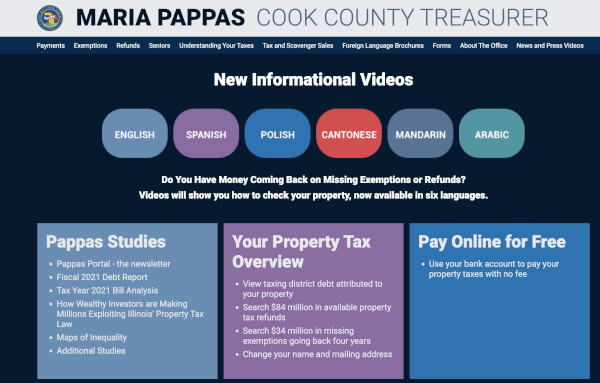

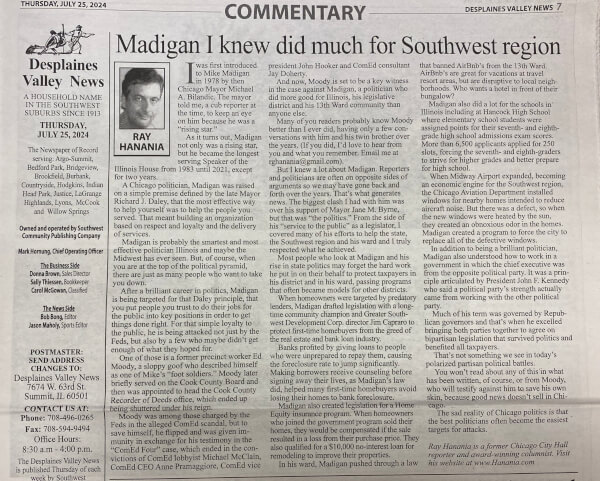

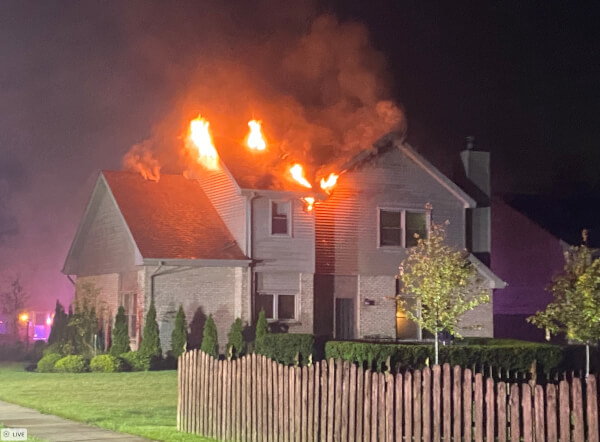


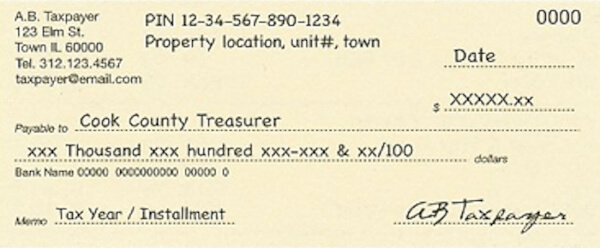


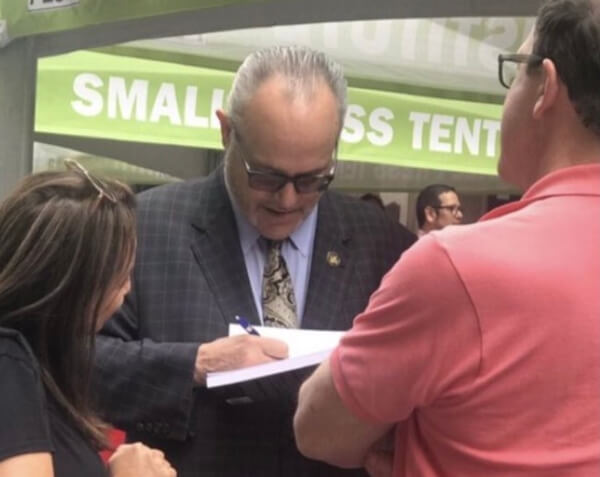
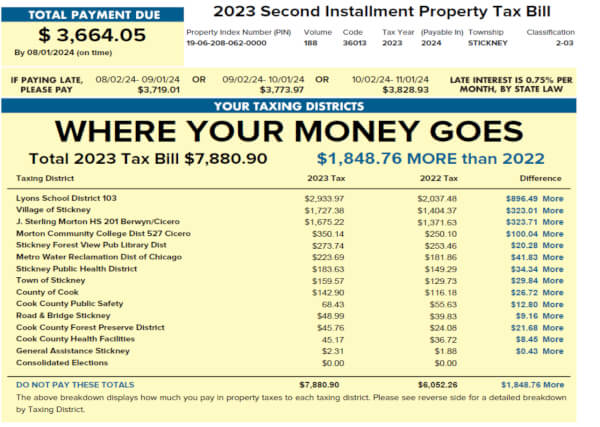





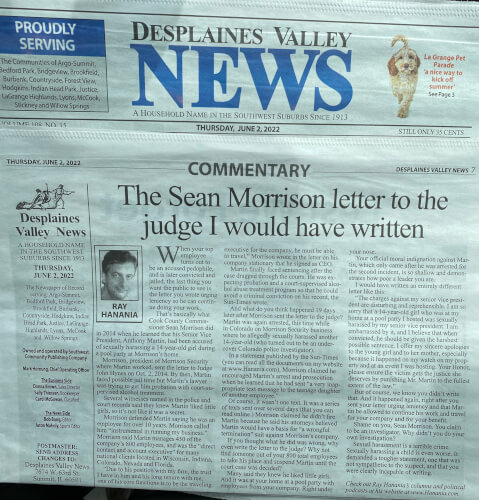






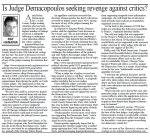

Tenants need to be protected and a cook county rtlo is needed. Why does the ordinance take such a specific and detailed stance on bed bug treatment with a documentation requirement that is bound to be impossible to comply with and therefore open to litigation. At the same time per the ordinance, a tenant bears no responsibility to comply with the well established procedure to eliminate bedbugs. The only recourse a landlord has is to terminate the lease at which pont the tenant will sue the landlord for not fully complying with the documentation requirements. This will result in thousands of dollars of cost to the landlord.
The ordinance is overwhelming good. Between the bedbug provision and code violation notice requirements the unintended consequences wil be substantial costs levied on landlords that will drive up rent and drive owners out of the market. What this does is make ownership transient and when you don’t have long-term owners, the purchase price of the real estate keeps rising and so does the price of rent. In the end, we lose the relationship between the housing provider and the community and we lose affordable housing. This is simply not good for the community and not good for tenants.